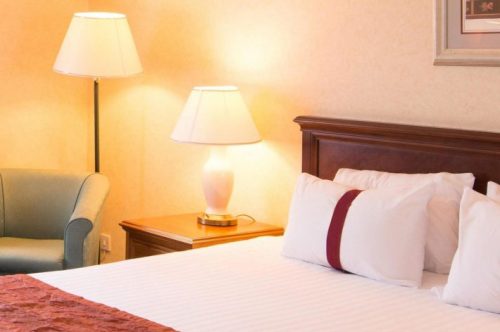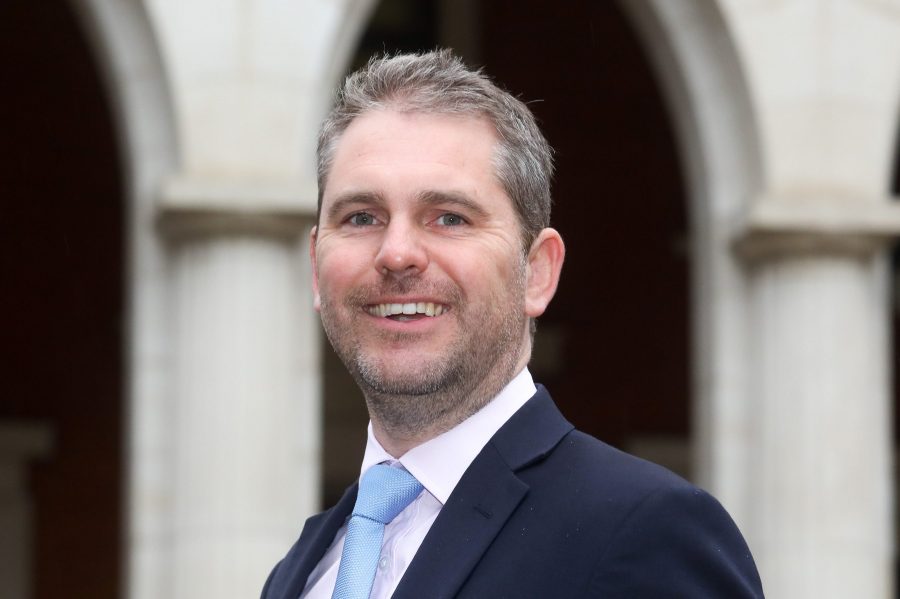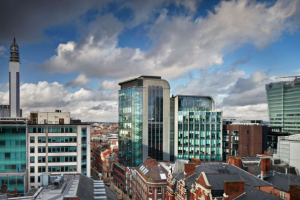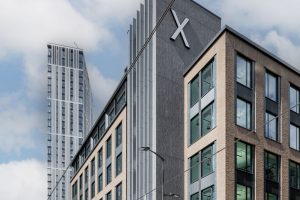Birmingham hotels lead English city rivals for long-term growth

Birmingham’s hotels are continuing their long-term growth in occupancy and revenue in the face of data which suggests England’s business and tourism market is beginning to come under sustained pressure.
Analysis by TheBusinessDesk.com of data provided by global analysts STR showed Birmingham hotels have outperformed its city rivals, including London, Manchester and Leeds, on key metrics over the last five years.
The crucial industry figure of revenue per available room (RevPAR), which combines occupancy levels and room rates, has increased in each of the last five years in Birmingham.
In total, RevPAR has increased by 43% since 2012, compared with the UK average of 23% and London growth of just 8%. This means city hoteliers are now generating an average of £51.32 per room per night – £15 more than in 2012.

Emma Gray, West Midlands Growth Company
“The region has cemented its reputation as a first-class, reliable host for high-profile, large-scale events – including the Conservative Party Conference, Rugby World Cup and our annual Christmas markets. More people are choosing to come to Birmingham, and importantly for our hotel sector, the proportion of national and overseas visitors staying overnight has doubled in the last five years.
“With the 2022 Commonwealth Games and HS2 on the horizon, we anticipate that confidence in the region’s tourism sector and hotel scene will continue to grow.”
Data for the first two months of 2018 provide evidence that the positive trend is set to continue as Birmingham’s occupancy rates up by 2.8% in the first two months of 2018 despite rates struggling nationally.
The UK average showed a like-for-like increase of just 0.1%, with Manchester and Leeds both showing drops of around 5%.
Those cities also saw a slight reduction in prices meaning RevPAR was down around 6% while Birmingham’s hoteliers nudged up their average daily rate to deliver a 3.5% improvement in RevPAR.

James Williamson, GVA
He added: “We believe that the city still has scope to grow in terms of occupancy and average daily rate, so the step that we hope to see hoteliers making will be to improve their existing stock where appropriate.
“This will ensure that they’re in a position to take advantage of the benefits that large-scale events like this bring with them, while also catering for ongoing major developments, such as the delivery and benefits of the first phase of HS2 in 2026.”









